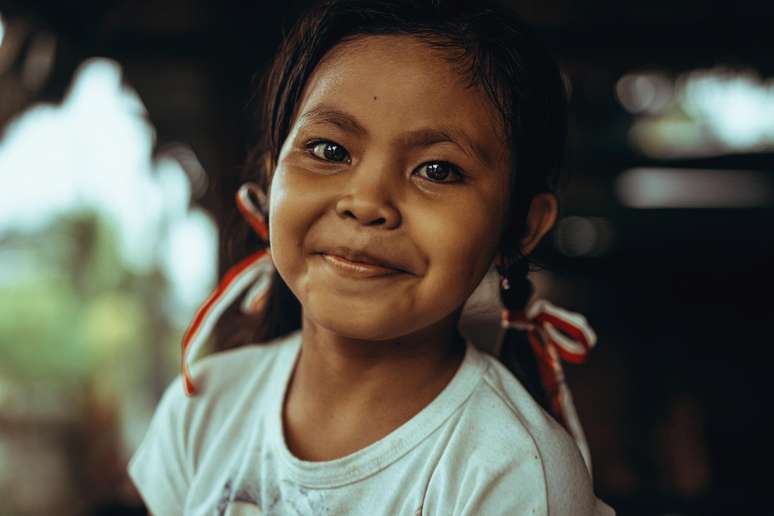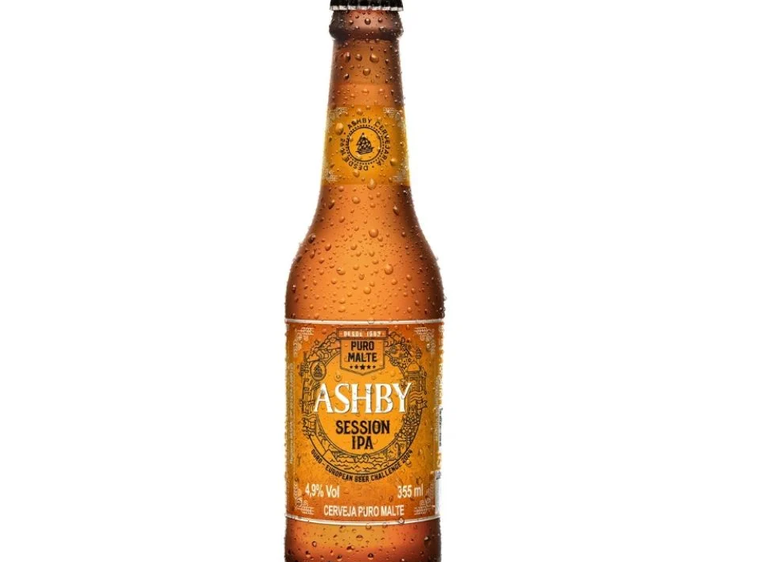Loaded with ancestral meaning, indigenous names connect your child to the roots and traditions of native peoples.
When it seems like all the options for your baby’s name are exhausted or too repetitive, it’s worth looking for alternatives that harken back to the roots of Brazil’s first inhabitants – or other countries and regions.
The choice of indigenous names brings with it the history and culture of the native populations, with beautiful and evocative pronunciations.
Female names of indigenous origin
Ayira – Some say that this name comes from a variation of Tajyra, from Tupi-Guarani. It means “she who has no master”.
Anahi- Of Tupi origin, Anahí is the name of the national flower of Argentina, known as the ceib flower. Anahí, a mythical figure from Guarani folklore, is described as a young indigenous woman who transformed into this flower after being burned alive by the colonizers.
Dakota- Original name Siouxfrom the native peoples of the United States, means “friends” or “allies”. The word originates from the term dacota.
Hyracema- From Guarani, the name Iracema became famous for being the title of a great novel by José de Alencar, and means “honey lips” from the words Want (honey) e tembe (lips). Iracema is a mythical character, associated with purity and beauty.
Janaina (or Janaína) – Of indigenous and African origin, this name is one of the representations of the goddess of water, Iemanjá, in Afro-Brazilian religions. However, some legends say that Janaina was a beautiful woman born among the indigenous Goitacás people. In any case, the name is often associated with the sea.
Mayara- This name may derive from Tupi, meaning “great-grandmother,” or from Uapixana, meaning “animal.”
Nina- Although it is used in several cultures, in the indigenous Quechua language this name means “fire” or “flame”. It is simple and delicate.
Potira (or Potyra) – This name was quite common among indigenous women, famous for the legend of Potira, a young woman who fell in love with an enemy warrior, and after his death, her tears were turned into diamonds. Originally from Tupi, its meaning is literal: flower.
Tainá (or Thaina) – Originated from Tupi, tainã, Tainá means “star” or “celestial stars”. It is a name that refers to celestial beauty and light.
Yara (or Iara) – Name of Guarani origin meaning “lady of the waters” or “mother of the water”. In the mythical universe, Yara is a figure known as the mermaid of fresh waters, fascinating and mysterious.
Male names of indigenous origin
Caique (or Kaique/Kaiki) – This name has Tupi-Guarani origin and means “lord of the sea”, “he who glides on the waters” or “he who is like the sea”. It can also be associated with the “water bird”.
Cauã (or Kauã/Kauan/Cauan) – Also of Tupi origin, it means “falcon” or “hawk”, in reference to birds of prey. Furthermore, the name in Finnish means “long”, “long”.
Cauê (or Kauê) – Variant of Cauã and with the same meaning. It can also be understood as the Tupi greeting, causerepresenting a “kind” or “intelligent” man.
Jurandir – Originally from Tupi swornmeans “mellow mouth” or “person with a soft, soft voice.”
Kenai- Famous for the movie “Brother Bear”, the name originates from the Dena’ina people Athabaskan Native to Alaska. Its meaning can be “flat land” or, more widely recognized, “black bear”.
Moacir- Deriving from Tupi, it means “that which comes from pain”, “painful”, “wounded”. Despite its negative sound, it indicates a person with a strong personality, who does not let himself be shaken by the sadness of life.
Porã- From Guarani it means “beautiful” or “he who has beauty”. It is used to describe great beauty or virtue.
Sami- The Sámi are the indigenous people of Finland, Norway, Sweden and Russia and the name refers to the language they speak. It is quite popular in the Nordic countries and also has an Arabic meaning, “sublime” or “elevated”.
Tauã (or Tauan/Thauan/Tauá) – Tauá, in Tupi, means “clay,” “loam,” or “wet earth.” It can also mean “old village,” representing balance and security.
It is important to remember that the meanings presented here are based on common sense and oral tradition. Indigenous peoples of other countries may have other variations and meanings.
Source: Terra
Ben Stock is a lifestyle journalist and author at Gossipify. He writes about topics such as health, wellness, travel, food and home decor. He provides practical advice and inspiration to improve well-being, keeps readers up to date with latest lifestyle news and trends, known for his engaging writing style, in-depth analysis and unique perspectives.








